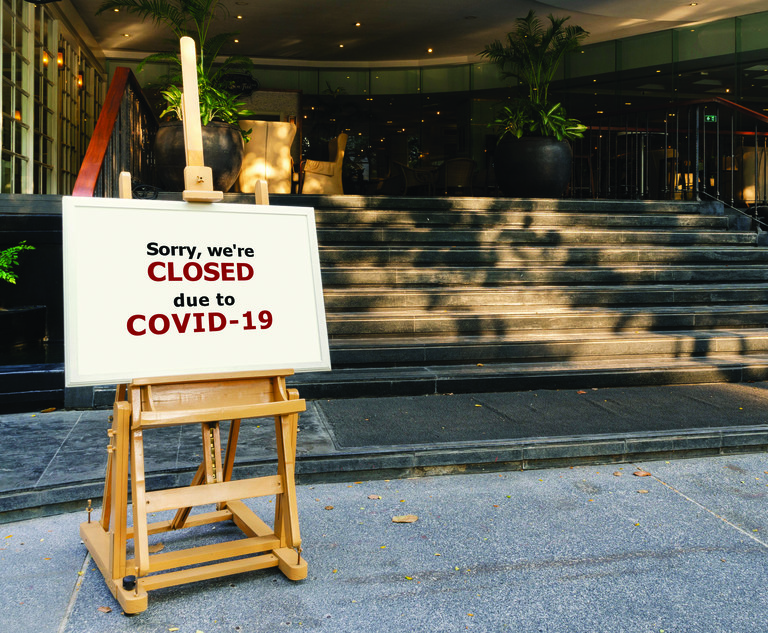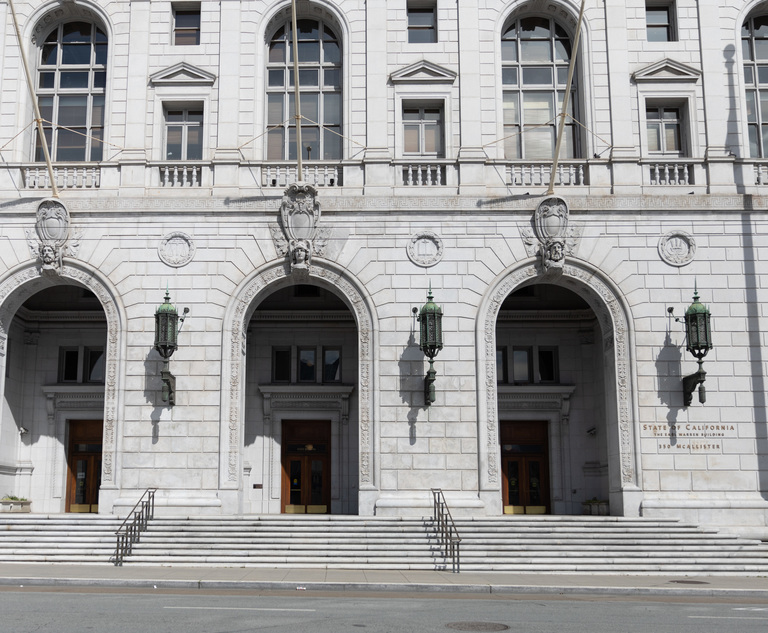A current concern regarding virtual depositions involves counsel and/or the party/witness trying to “game” the examination of a witness through covert coaching. Of course, an attorney has an obligation to prepare his or her client for deposition and may even prepare percipient witnesses (see, e.g., Section 116 of the Restatement of the Law Third, The Law Governing Lawyers). It is incumbent on the practitioner to be familiar with the California Rules of Professional Conduct. Rule 8.4 (based on the American Bar Association (ABA) Model Rules of Professional Conduct) makes clear that “[i]t is professional misconduct for a lawyer to,” among other things:
“(a) violate these rules or the State Bar Act, knowingly* assist, solicit, or induce another to do so, or do so through the acts of another; (b) commit a criminal act that reflects adversely on the lawyer’s honesty, trustworthiness, or fitness as a lawyer in other respects; (c) engage in conduct involving dishonesty, fraud,* deceit, or reckless or intentional misrepresentation (d) engage in conduct that is prejudicial to the administration of justice.”


 Retired Judge David Brown of Sacramento County Superior Court. Courtesy photo
Retired Judge David Brown of Sacramento County Superior Court. Courtesy photo




